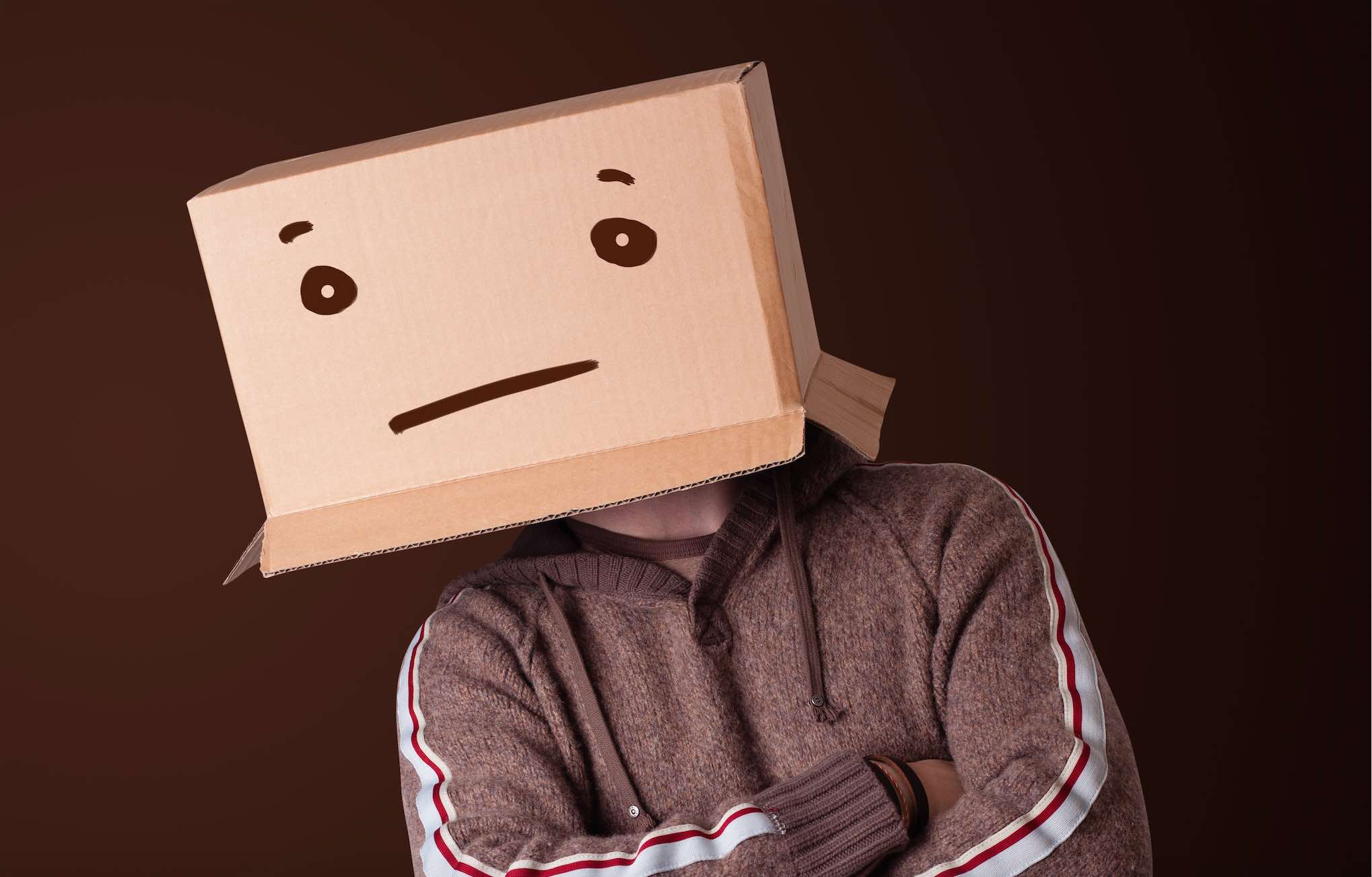Why I'd rather be OA amid the nonchalance epidemic among Gen Z
Every week, PhilSTAR L!fe explores issues and topics from the perspectives of different age groups, encouraging healthy but meaningful conversations on why they matter. This is Generations by our Gen Z columnist Angel Martinez.
I’ve been trying to string together sentences to capture the nonchalance that characterizes my generation. But I realized that three letters alone can do the trick: “lol.”
What once was a genuine sign of amusement now functions as a shrug, a perfunctory eye roll. We affix it to the end of messages to downplay what we feel, or to online comments and conversations to ward off attention. It’s an effective act of dismissal and a performance of insincerity. I liked it better when it was just slang.
While I lament the state of our emotional affairs, some argue that we simply can’t help it. Gen Z is the product of a worldwide pandemic that has stolen our youth, with institutional neglect exacerbating its effects. Even half a decade later, the news cycle isn’t churning out any signs of hope. When surviving uses up the same willpower as extending empathy, feeling the weight of it all is a death sentence.
And so, we resort to irony to cope: witty quips, sarcastic remarks. We distance ourselves from the issue as a defense mechanism. Did you see what this politician did, lol. We’re screwed, lol. I don’t know what I’m doing with my life anymore, lol.

Psychologist Lordy Angelo Santos tells PhilSTAR L!fe that this act of self-preservation isn’t inherently bad. In fact, it’s a reflexive reaction to ensure harm reduction: “[Gen Z’s] early exposure to global crises, as well as their uncertainty about the future, may further contribute to a heightened sense of vulnerability and cause them to prioritize safety over growth and exploration.”
We’ve observed this in how Gen Z employees approach office dynamics and politics: “Those who are nonchalant are less likely to be consumed by work-related stress they deem unimportant, and are also able to maintain work-life balance and avoid burnout,” Santos elaborates.
The danger, however, happens when nonchalance bleeds into the way we create, engage with the world, and connect with those around us. I’ve noticed that everyday life is slowly becoming an exercise in detachment, with those who care the least coming away as the winner.
Platonic and romantic connections are riddled with mind games: Don’t view her story yet. Don’t reply until tomorrow night. Texts have to be tempered and timed, with as few exclamation points as possible. Invitations must always be extended, without us eagerly expressing our enthusiasm. The last thing we’d want to do is show our true feelings and scare others away.
In the event that things don’t pan out, I’m not sure we fully process the rejection, the pain, and the fear that could arise as a result. We’re so busy encasing our true personalities within Russian nesting dolls, inaccessible to those around us. Everything we say is a joke, everything we like is a guilty pleasure, and everything we care about is considered off-brand or out-of-character. Nothing is ever capable of inspiring or affecting us anymore. To be moved by anything, to be seen trying is to be the subject of ridicule.
I especially hate how this has affected the way we approach our hobbies and passions. Anyone who exerts the slightest effort is ridiculed and judged. It took me a while to pursue content creation, even if I always wanted to promote my articles to a wider audience. But then I’d remember how my friends and I would judge those we went to high school with, for documenting days in their lives or speaking to a camera with a miniature microphone.
In retrospect, why do we enjoy witnessing success only when the process isn’t made known to us? Why do we refuse to be vocal about our ambitions? It’s why Timothee Chalamet’s acceptance speech at this year’s Screen Actors Guild Awards was so transgressive: We are all in pursuit of greatness. It’s just something we’ve never had the permission to say.
Ironically, it’s much more tiring to assume a completely different personality—to police our every interaction and pare down our every desire. Humans come with a built-in capacity to care: It’s what sets us apart from other animals in creation. To what end will we suppress what we feel, and at the end of the day, what is it all for?

That is the worst part of all this nonchalance: how it hinders our humanity. When we’re too busy building walls, we not only refuse to let anyone in: We also can’t see people for who they truly are. Now that Filipino youth have more “mind health conditions”—severe anxiety, stress, and depression – compared to the global average, we can’t afford to pretend that we’re above everyone else. We need one another to survive.
“Showing vulnerability and having a sense of openness could create shared experiences that forge deeper connections,” psychologist Rainier Ladic tells L!fe. “In turn, those we interact with are also able to understand what we feel, how we think, and why we behave in certain ways.” It’s an exercise in understanding, and being understood, which is all we ever want to achieve as humans. It was in the fine print when we were born.
“While the world is a dangerous place, we must overcome the cognitive error of generalizing isolated experiences to everyone else. Know that there are kind people in this world that make it worth it to live and not just survive,” Ladic advises.
Rather than insist upon nonchalance like everyone else, I’d prefer to be OA, its much-villainized counterpart.
I will engage with the world around me, even when it’s hard. I will occasionally step away to clear my head, sure, but in no way does this mean surrender to the powers that be.
I will tell people I love them—or at the very least, that I want to hang out. And when we do, I know I can be open about my problems and they can, as well.
I will say what I mean, wear what I like, and try what I want, with my Instagram following present to bear witness.
I am not afraid to own who I am, and work towards my dreams, grandiose as they may be.
Because not only is it my first time living, as TikTok would say, it’s also the only shot I got. Sure, I’ll get humiliated, maybe even hurt. But at least, it reminds me that I’m still here and I’m still human.
Generations by Angel Martinez appears weekly at PhilSTAR L!fe.



